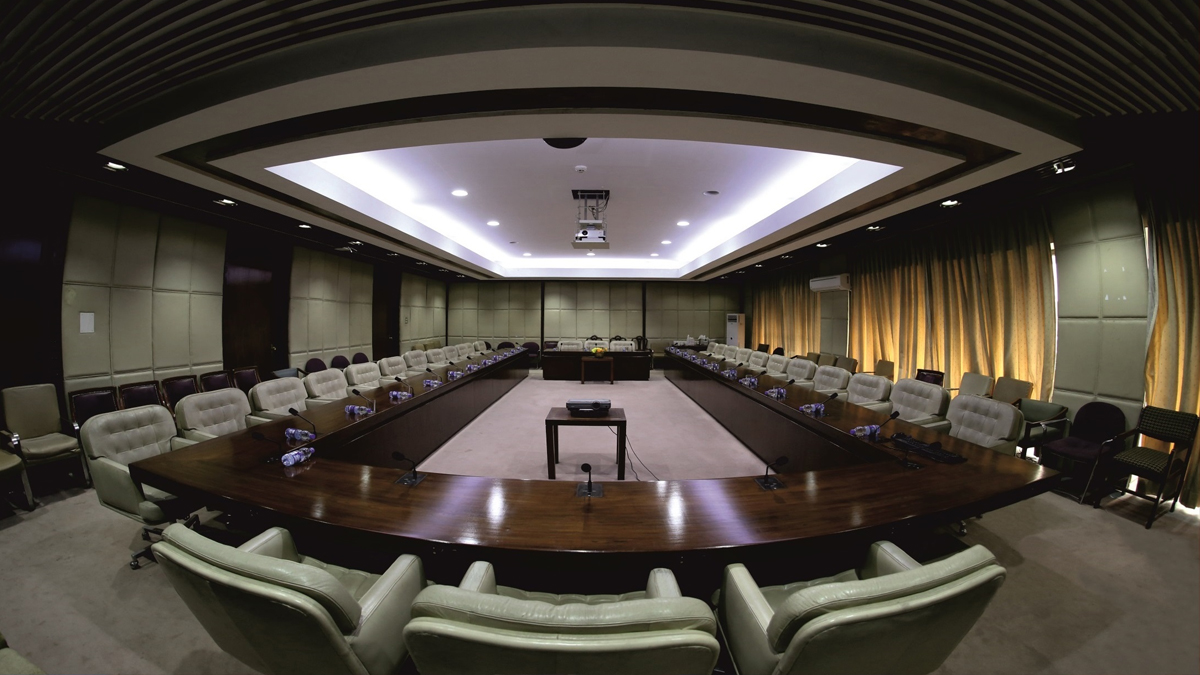
senate pases
In a Significant Development, the Senate has Passed a resolution expressing Opposition to the Supreme Court’s ruling on military Courts, urging the trials of Terrorists to be Conducted in these Specialized Courts. Independent Senator Dilawar Khan introduced the resolution during the Senate session, drawing support but facing opposition from Pakistan People’s Party (PPP) Senator Raza Rabbani and Jamaat-e-Islami (JI) Senator Mushtaq Ahmed Khan.
The Resolution echoing Concerns raised by various Stakeholders and the Public Challenged the recent Supreme Court Judgment that deemed Section 2(D)(1) & 59(4) of the Army Act Unconstitutional. It argued that the Ruling appeared to infringe upon the legislative Authority of Parliament attempting to rewrite the Law.
The Resolution Emphasized the appropriateness of Military trials for individuals accused of Violence against the armed Forces under the Army Act. It argued that such trials serve as a deterrent against anti-state acts and the absence of Military Court trials might encourage terrorism due to Perceived leniency in regular Courts.
Senator Dilawar Khan asserted that Military Courts have played a Crucial role in addressing terrorism ensuring that Perpetrators are held accountable. He Criticized the Supreme Court’s leniency towards terrorists, Anti-state actors, Foreign agents, and Spies by Opting for normal Courts.
Read More: Bilawal Bhutto’s Rallying Call: People’s Power on Display for February 8 Elections
The Resolution Demanded the Supreme Court to Reconsider its Decision and align with the National Security Paradigm Emphasizing the Sacrifices of Martyrs. It Called for the trials of those involved in the May 9 riots in Military Courts Highlighting the Significance of stringent Punishments to deter internal and external Enemies.
Read More: 2024 Pakistan General Elections: ECP’s Scrutiny and Rule Changes for a Transparent Process
The Senate Session was adjourned until Tuesday and the Resolution underscores the ongoing debate in Pakistan over the role and Jurisdiction of military Courts in handling cases related to terrorism and National Security.



